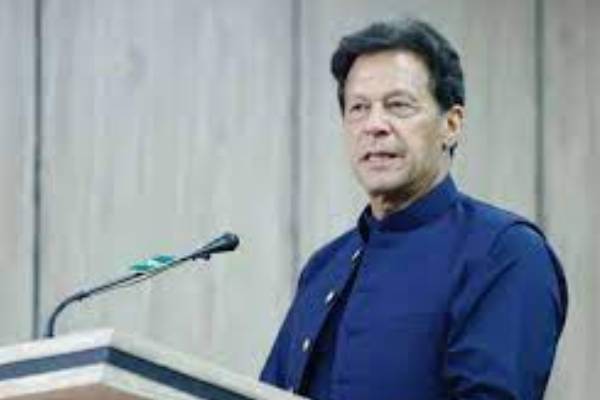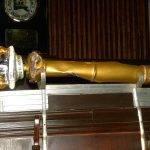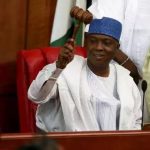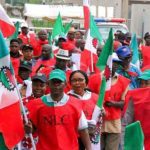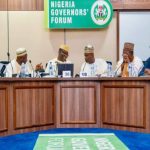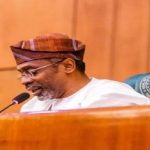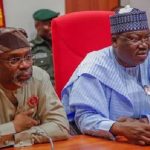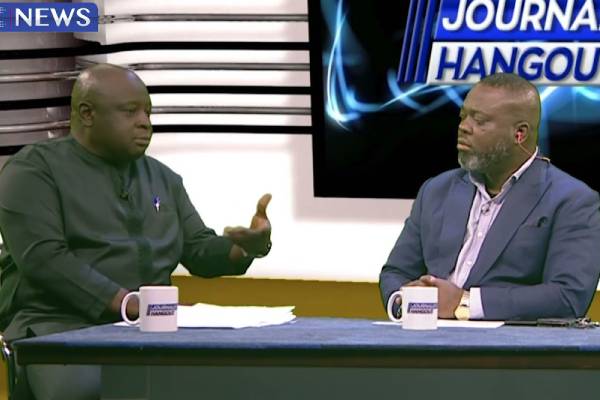Pakistan’s former Prime Minister Imran Khan has called off the ‘long march’ to the capital Islamabad fearing chaos and announced his party would resign from state assemblies in a new bid to push for early elections.
“I have decided not to go to Islamabad because I know there will be havoc, and the loss will be to the country,” Khan said in his first public address in the garrison city of Rawalpindi, near the capital since an assassination attempt earlier this month.
Imran Khan reportedly made a passionate plea to his supporters saying “chaos” would not be in the interest of Pakistan given that the country is facing an economic crisis.
The South Asian nation has been facing a dire economic situation – with galloping inflation and a nosediving rupee. It also had to secure an International Monetary Fund (IMF) loan in August to avert default.
The cricketer-turned-politician and his Pakistan Tehreek-e-Insaf (PTI) party have been holding countrywide protests to push the government for early elections since he was removed as prime minister in a vote of no confidence in April. He has claimed he was removed as part of a United States-led conspiracy. Though earlier this month, he said the US was not behind his ouster in a major U-turn.
The protests were to culminate in a march to Islamabad, which threatened to worsen political turmoil in the nuclear-armed country which is battling an economic crisis. A rally in Islamabad by his supporters in May had turned violent.
One of his biggest announcements was the plans to quit the two provincial assemblies and two administrative units.
“We will not be part of this system. We have decided to quit all the assemblies and get out of this corrupt system,” Khan said while addressing thousands of his supporters.
PTI has already resigned from the federal parliament but remains in power in two provinces and two administrative units – Gilgit-Baltistan and Pakistan-administered Kashmir.
“Now the ball will be in the government’s court.”
Khan made his Saturday speech hundreds of metres from the bulk of the crowd of around 25,000 to 30,000, separated by coils of barbed wire and a buffer of police officers.
In the November 3 assassination attempt, a gunman opened fire from close range as Khan’s open-top container truck made its way through a crowded street in Wazirabad city in Punjab province.
Tight security was in place, and a police official told local television channel Geo TV that a total of 10,000 personnel had been deployed for the event, with snipers positioned at various points for Khan’s security.
The former prime minister has named Prime Minister Shehbaz Sharif and a senior military official for plotting his assassination, but both the government and military have denied involvement. Sharif has called for a transparent inquiry. One person has been arrested over the incident and claimed to have acted alone.
Khan has offered no evidence to prove his claims.
Khan made his Saturday speech hundreds of metres from the bulk of the crowd of around 25,000 to 30,000, separated by coils of barbed wire and a buffer of police officers. [Anjum Naveed/AP Photo]
Interior Minister Rana Sanaullah – who Khan accuses of being involved in the assassination plot – issued a “red alert” on Friday, warning of security threats at the rally.
The government says the assassination attempt was the work of a lone wolf now in custody.
Saturday’s rally took place two days after the government named a former spymaster as the next military chief.
General Syed Asim Munir’s appointment ended months of speculation over a position long considered the real power in the nuclear-armed Islamic nation of over 220 million people.
Munir served as chief of the Inter-Services Intelligence agency under Khan, but his stint ended after just eight months following a reported falling out.
The PTI leader, who has accused the military’s hand in his ouster, welcomed the new military chief. He praised the military as a professional force but added that they must obey the constitution.
Pakistan’s military, the world’s sixth-largest, is hugely influential in the country and has staged at least three coups since independence in 1947, ruling for more than three decades.

